7 Things You Need To Know About Driving An Alfa Romeo Stelvio
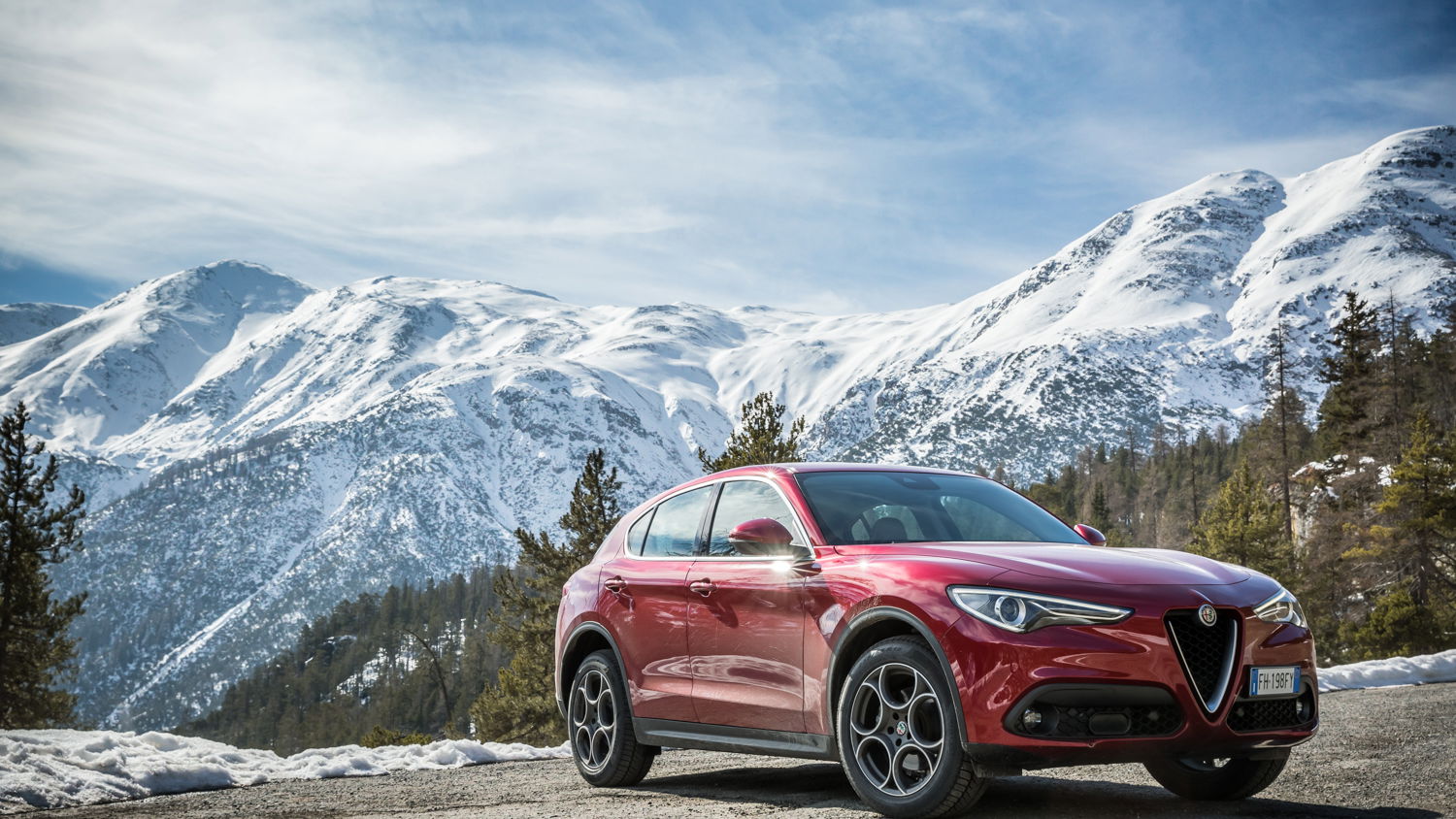
Stelvio. It’s a name that means something to those who know. Whether it was through Top Gear, your own visit or just through stumbling across the name on a forum, it’s a bucket-list road for petrolheads.
Alfa invited us to come and drive its new and ambitiously-named Stelvio crossover in the Italian national park that bears the same name. And the pass itself? Well, err, it turns out that it’s closed. Until May. Ah.
Anyway, the rest of the park is littered with stellar Tarmac; grey spaghetti ribbons of unbelievably smooth, snow-lined and fast-drying surfaces that reveal a lot about a car. Here’s what you need to know about the newest blip to appear on the BMW X3’s radar.
It looks better in the flesh
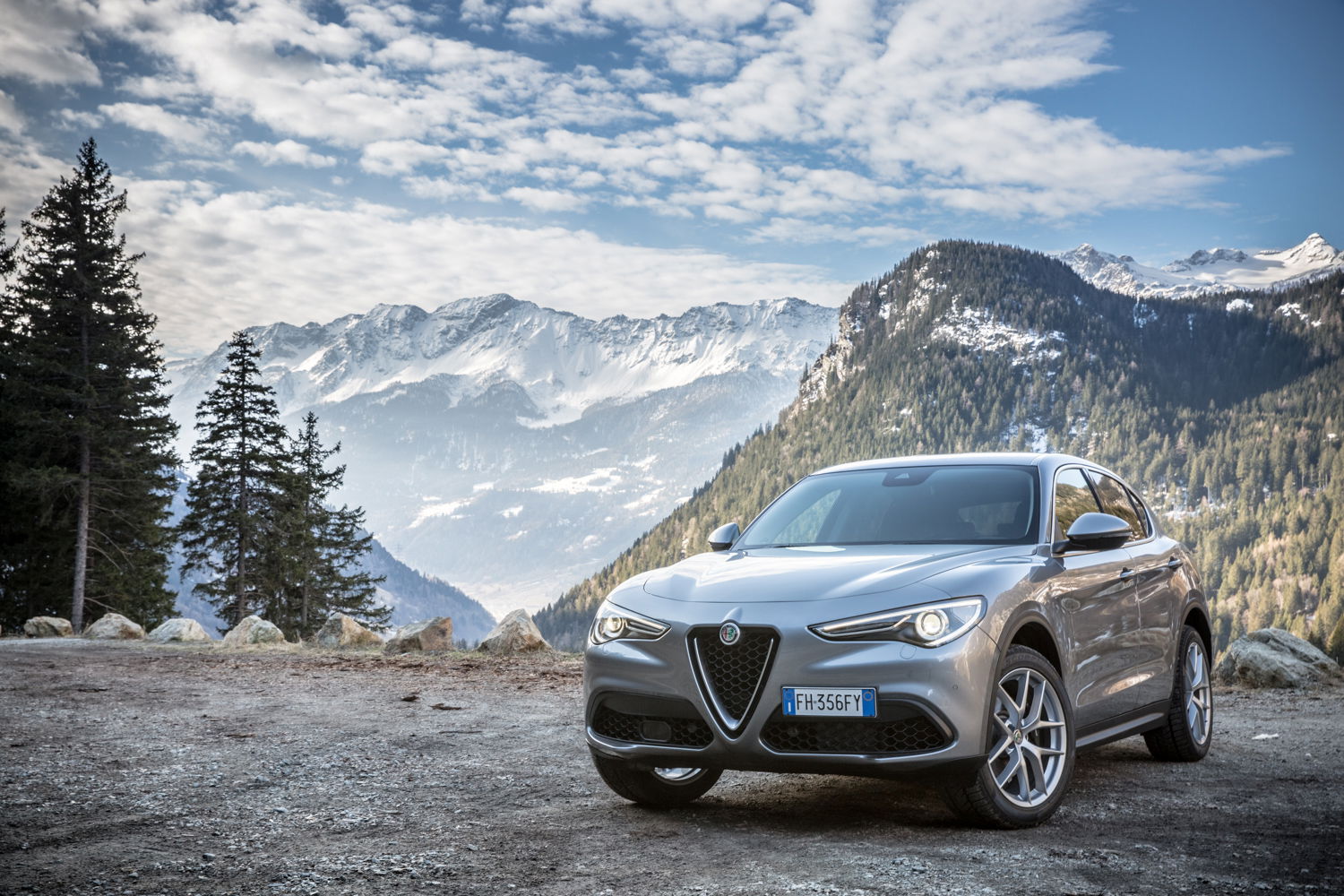
Let’s just say I haven’t been the Stelvio’s biggest fan when it comes to styling. Frankly I don’t think it looks good in pictures at all, but it looks a damn site better in the flesh. Call it a crossover, because there’s not really much SUV in its genes. It’s lower, sleeker and clearly a lifestyle vehicle sold as much for its looks as for any talent on the road. More a GLC Coupe rival than straight GLC-basher.
Built on the same platform as the Giulia, the Stelvio has the same wheelbase and running gear but with 65mm extra ground clearance. The driver’s hip point is 190mm higher for the same seat height adjustment, which you either like or you don’t.
It’s very comfortable
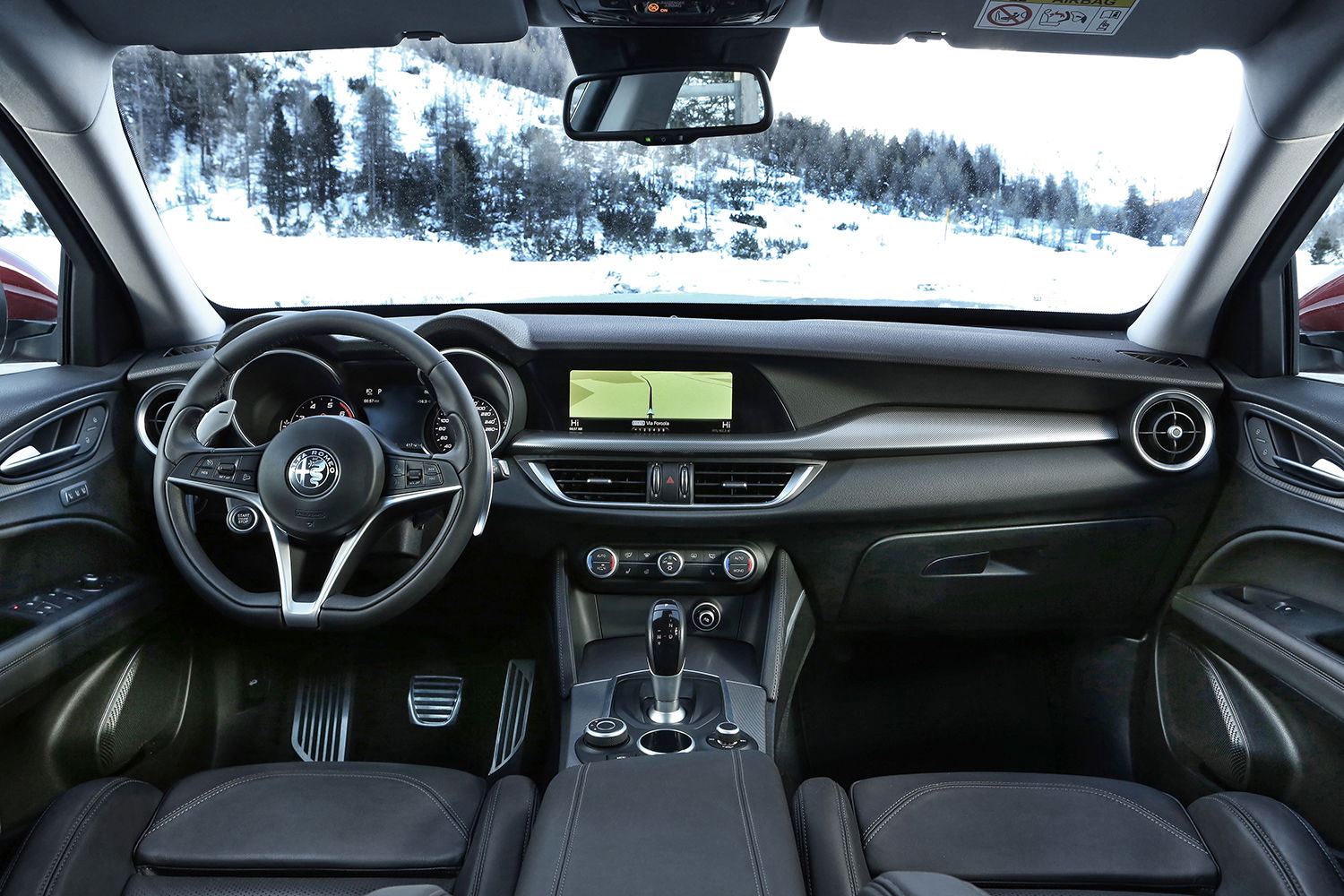
Leave the slightly rattly-feeling DNA driving mode dial in N (for normal) and the Stelvio rides brilliantly. Supple low-speed damping is cushy over speed bumps and manhole covers, making the most of the extra positive and negative spring travel over the Giulia.
The seats are good, if a little too wide for my back (I must need more pies), but the cabin is designed chiefly for comfort. A little more under-thigh support would be good but the electric seats don’t adjust that way.
The steering rack is really fast
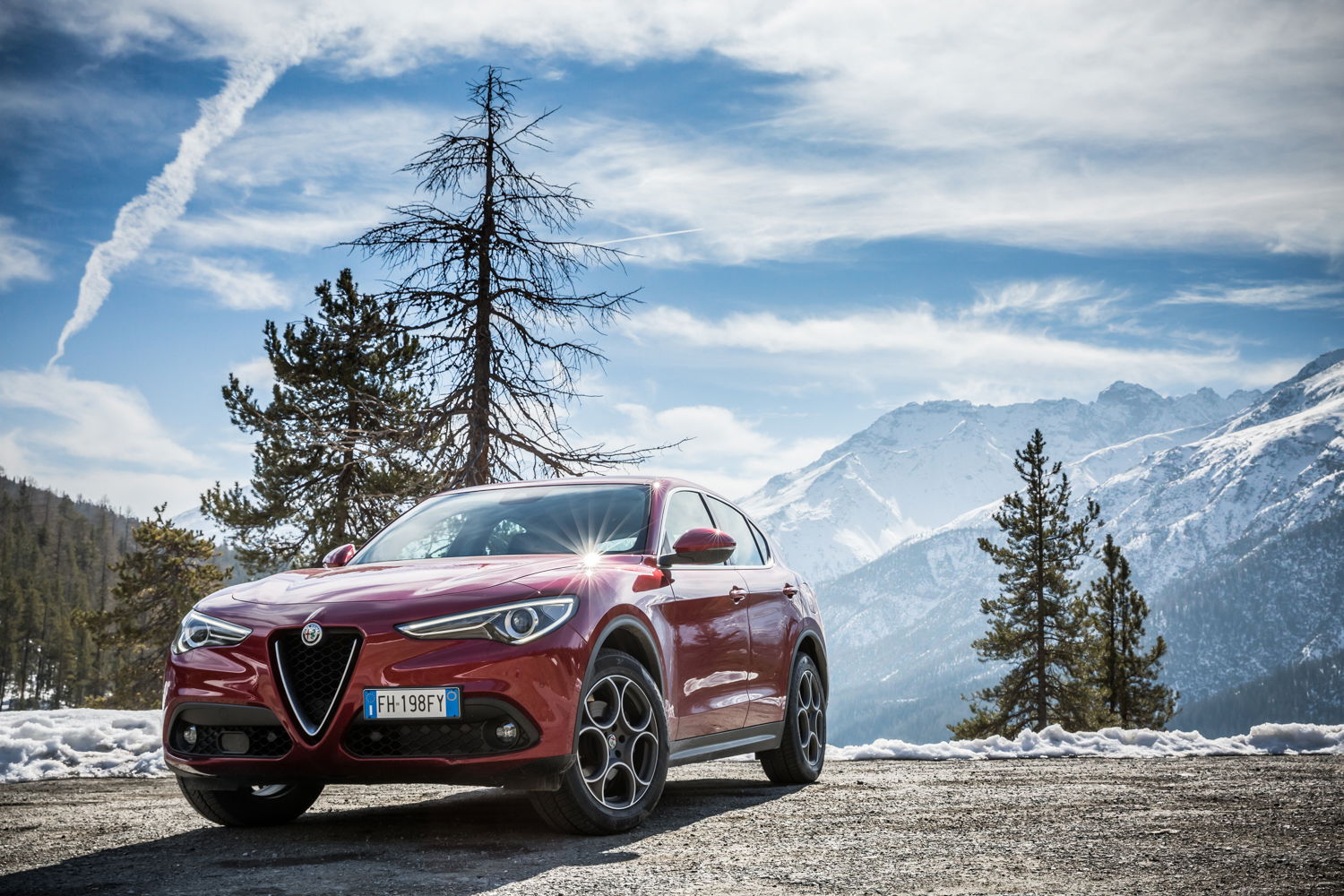
A 12.0 steering ratio is not to be sniffed at. The Ferrari 458’s was slower. It’s one of the quickest racks you can buy in any car right now, and does a hell of a lot to liven-up the turn-in dynamics and dissolve a bit of its weight. It’s permanently on the light side, though, and lacks any real descriptive feedback from the road, but at least it’s accurate enough to let you hit the apex every time.
As for grip, the Stelvio has all of it. Alfa has done well to balance the front and rear, though, with a 50:50 weight distribution, and there’s a good sense of cohesion and cooperation between the axles.
If you want speed, look elsewhere
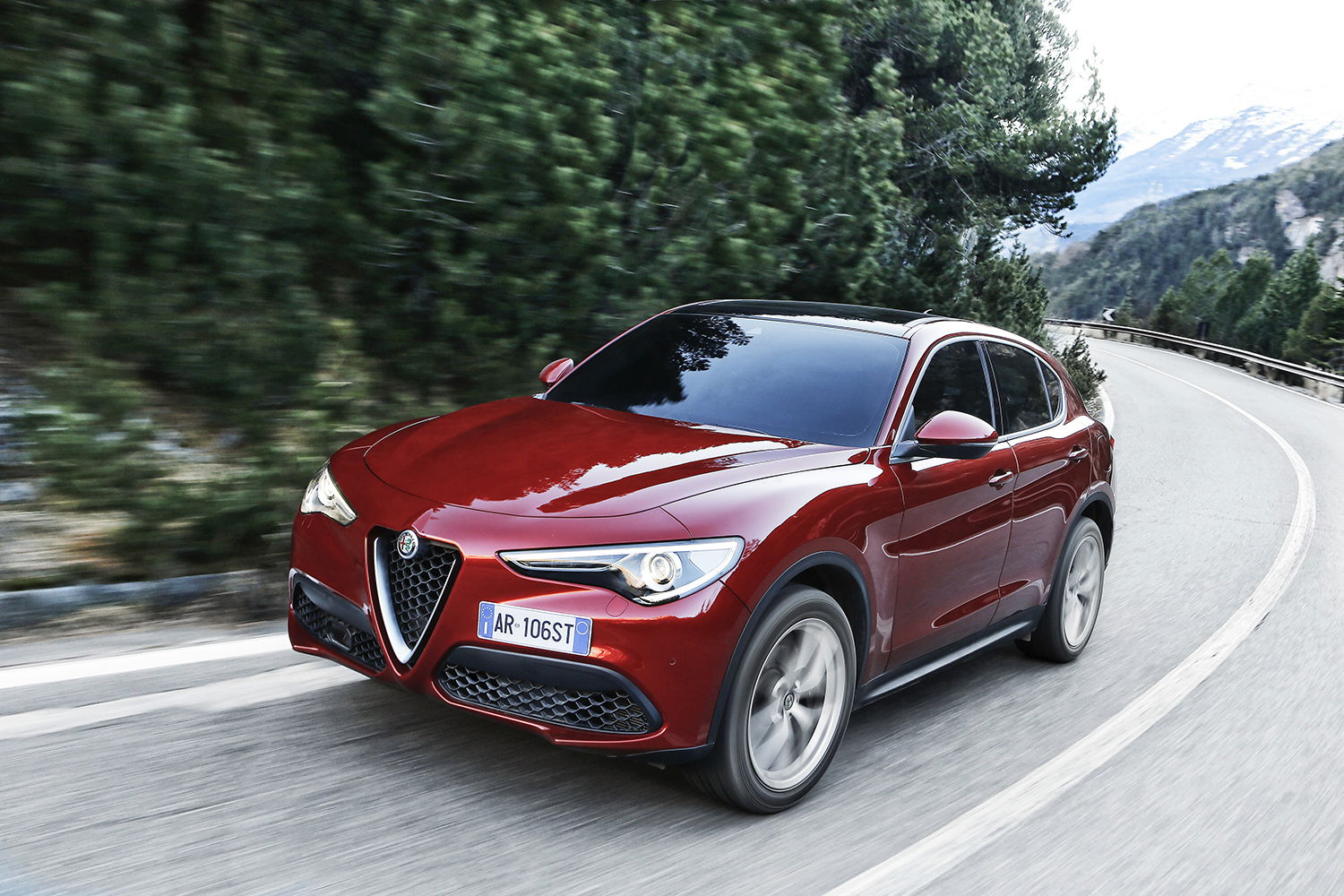
Before the 2.9-litre Ferrari-ish petrol V6-powered Quadrifoglio is added to the options later this year, the 276bhp petrol is the fastest Stelvio you can get. On paper the 5.7-second 0-62mph sprint looks snappy, but on the road from 30-80mph it simply doesn’t feel that quick. You have to keep the throttle pinned for overtakes. A kerb weight of at least 1600kg is partly to blame, despite a bundle of weight-saving measures like a carbonfibre prop-shaft.
For the best performance keep the engine above 3000rpm, where turbo lag is reduced to nothing worth mentioning and the taut chassis starts to shine. Between there and 4500rpm there’s a decent wedge of torque to rely on, but forget about any drag strip records.
Naughty, it isn’t
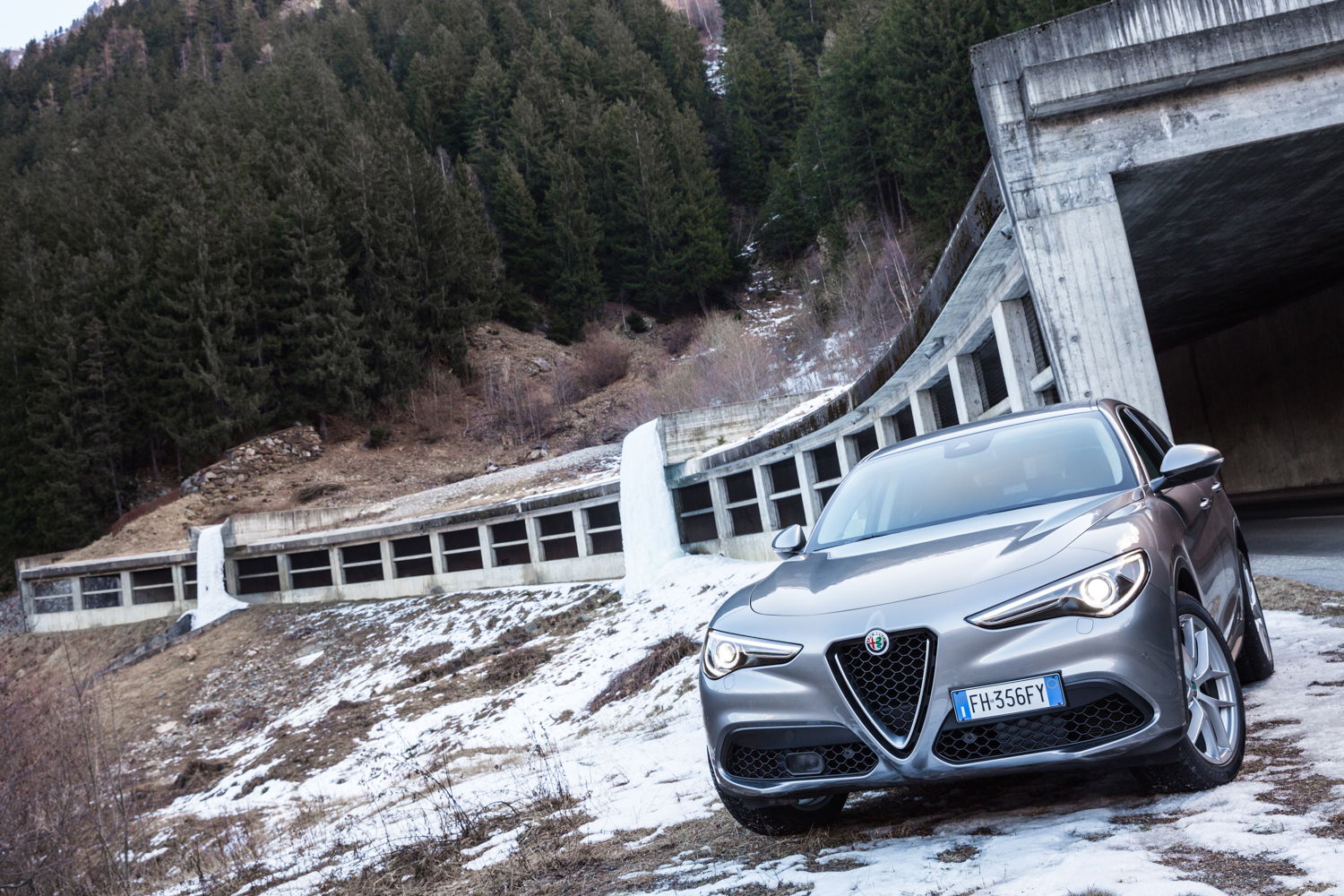
Hoofing the throttle as you pass the apex can eke out a tiny bit of rear-drive feel, but it’s actually quite hard to load the outside rear tyre up. While 100 per cent of the torque goes to the rear most of the time, push hard and up to 50 per cent goes to the front. On corner exits, the Q4 four-wheel drive system’s seamless switch to tugging from the front stops any yobbishness before it even gets to the “watch this!” stage.
This is a car built for people who respond to all synonyms of the word ‘lifestyle’, so oversteer isn’t really in the equation.
The engines need more character
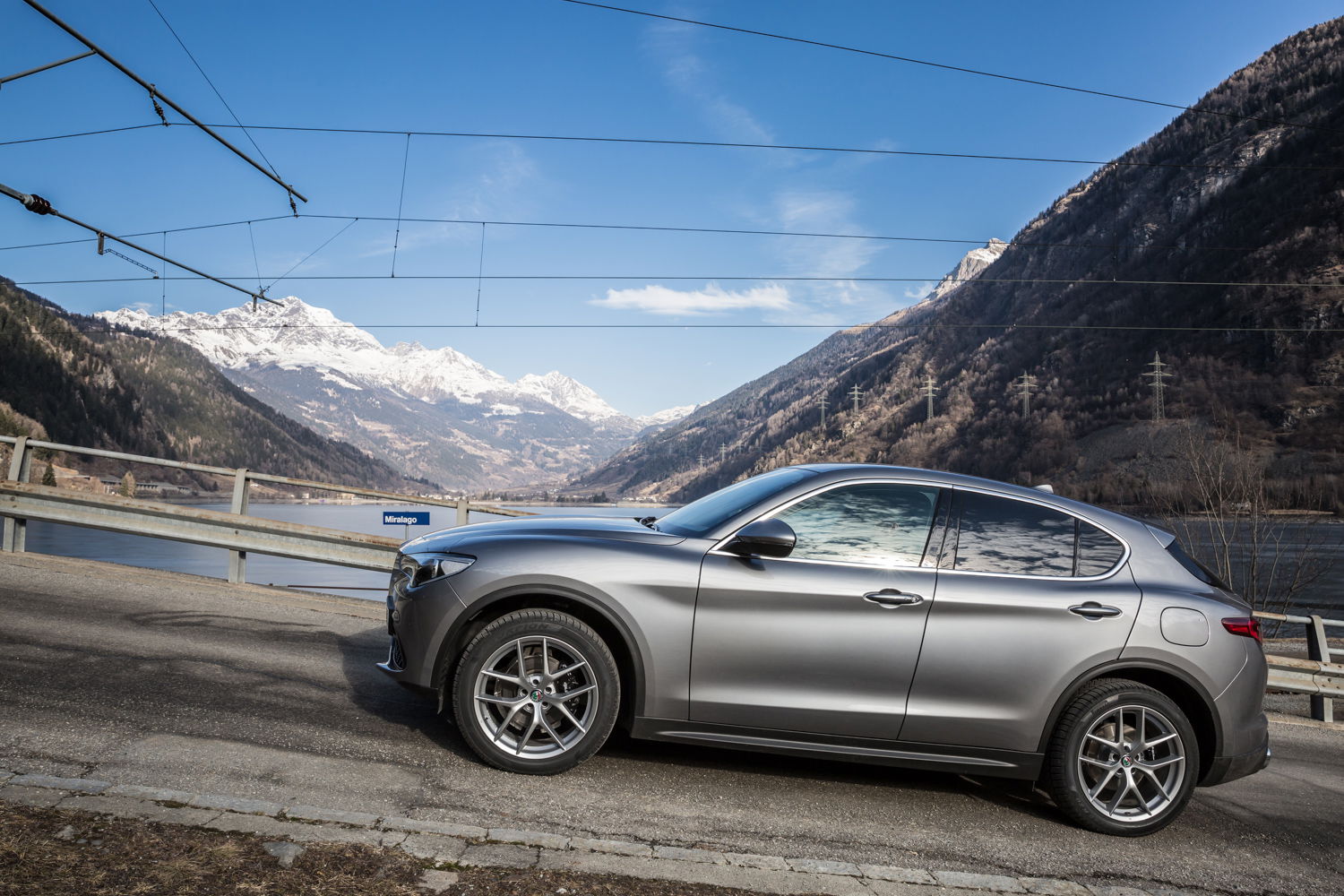
The 2.0-litre four-pot is best above 2000rpm, but it’s pretty smooth and as the speed limit changes it offers up a healthy shunt of boost after a split-second turbo lag. The lag is all but gone by the time you get past 3000rpm, after which the common but beige engine configuration has fast and eager responses. It only revs to about 5500rpm, though, and there’s little point going past 5000. Not the sort of Italian passione we were hoping for.
Rev it hard and the four-cylinder character – or lack of it – comes through. Beneath the artificial enhancement there’s still that trademark moo that low-revving four-bangers almost always dole out. It’s an effective engine, but not an especially entertaining one. The diesel is similar: good torque and a relaxed personality, but against the backdrop of this brand and this car, it’s plain.
It’s perfect for its target crowd
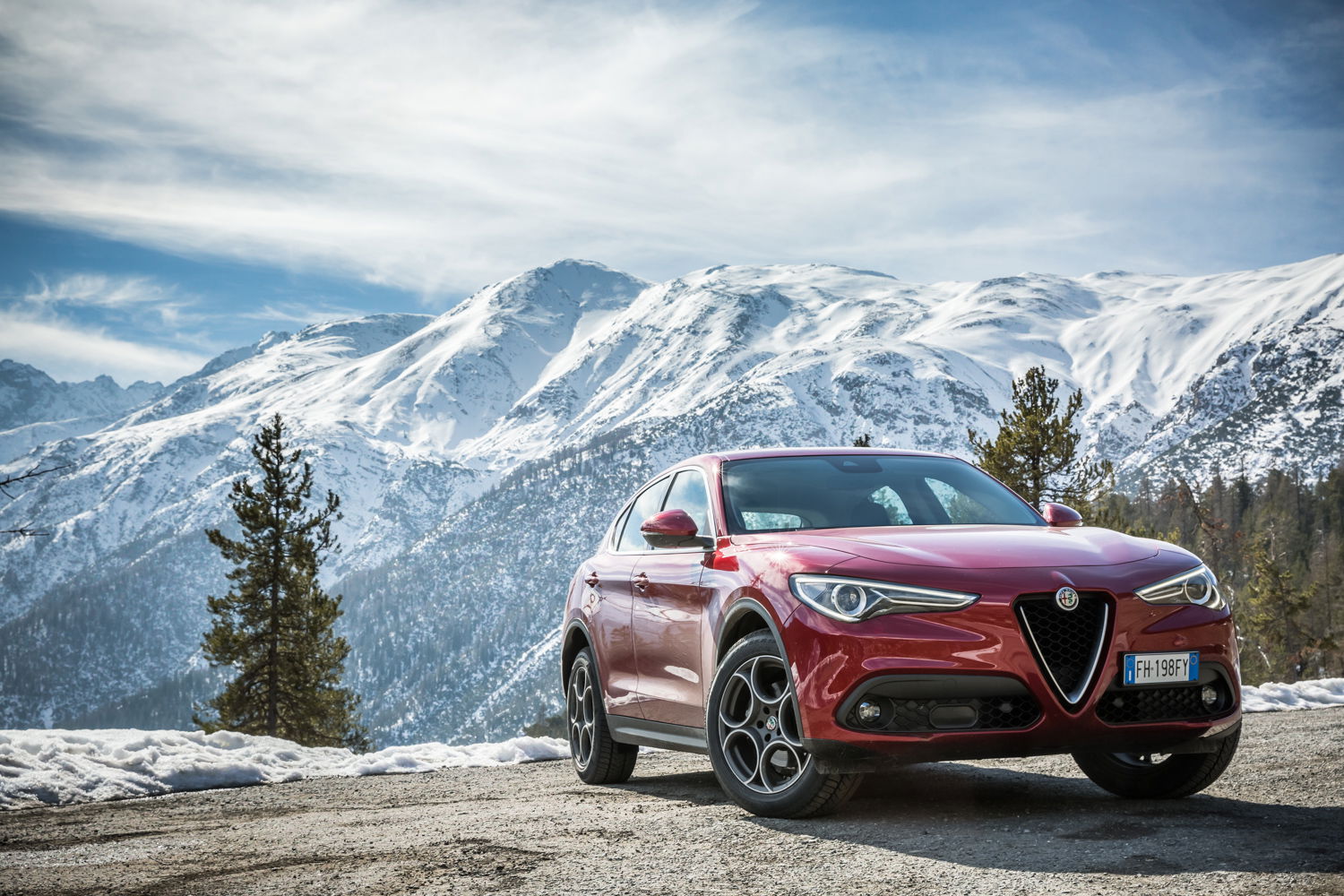
As the project’s engineers told me, comfort and refinement were the priorities. Styling came next, and driving enjoyment – reading between the lines – was a tertiary concern. The comfort and style boxes are both ticked in a big way, so the relative lack of character isn’t such an issue for this kind of buyer. The Stelvio will look just right parked outside an expensive gym or at an upmarket new hotel, and it’s much more distinctive than an X3 or Q5.
This is a more relaxed car than Alfa makes out. It’s not about hairpins and corner exit drama. It’s a refined, relaxed cruiser with distinctive styling and something very important on its side: it’s the latest new thing, and it comes from a company that has a history of making desirable cars (let’s gloss over the bad ones, for now). It’s a fashionable and tempting choice; a more interesting alternative to something German and a choice that people can make without having to compromise on what they want most. It may not be dynamically sparkling, but you can’t fault Alfa for knowing the modern audience.
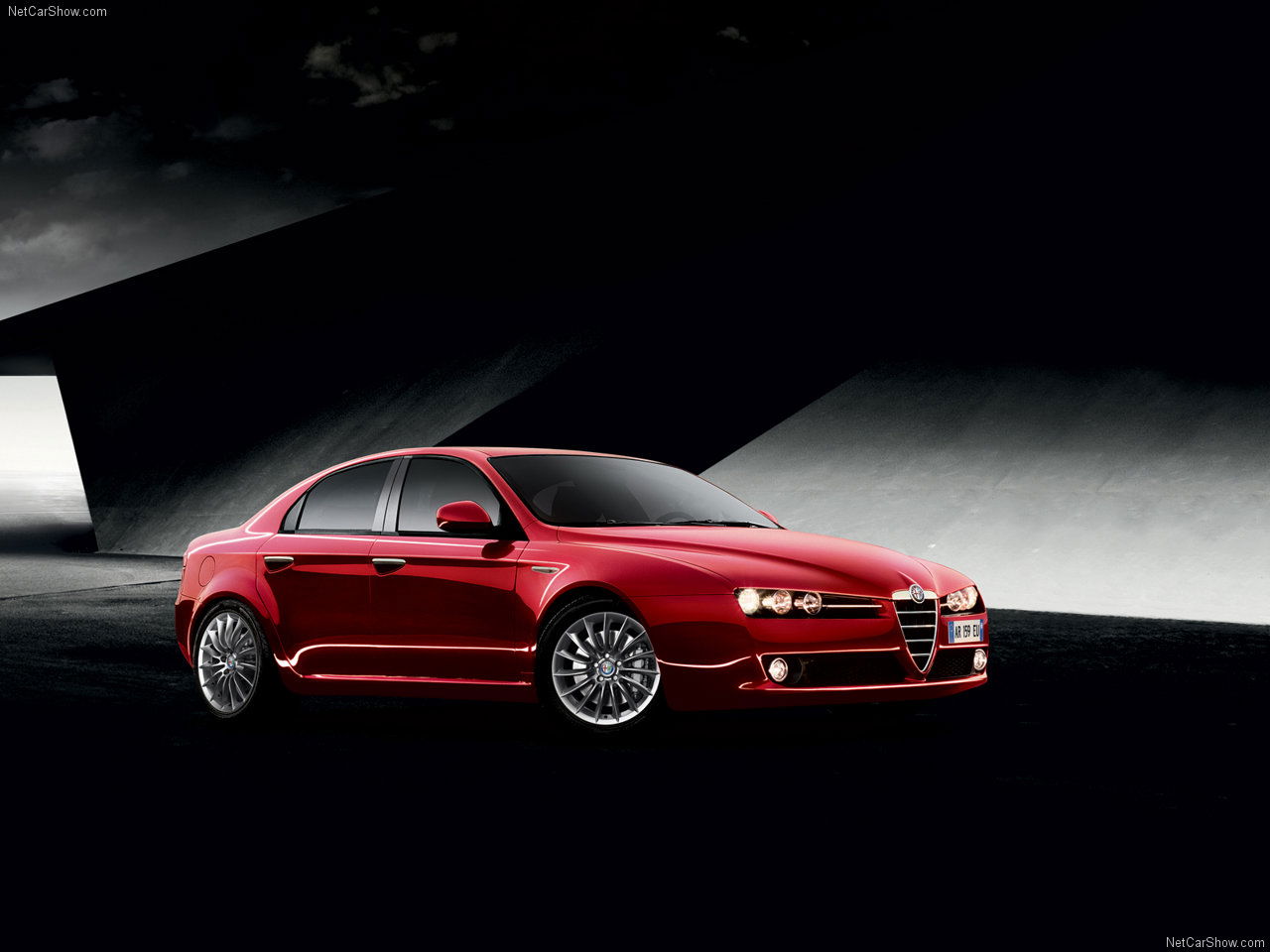
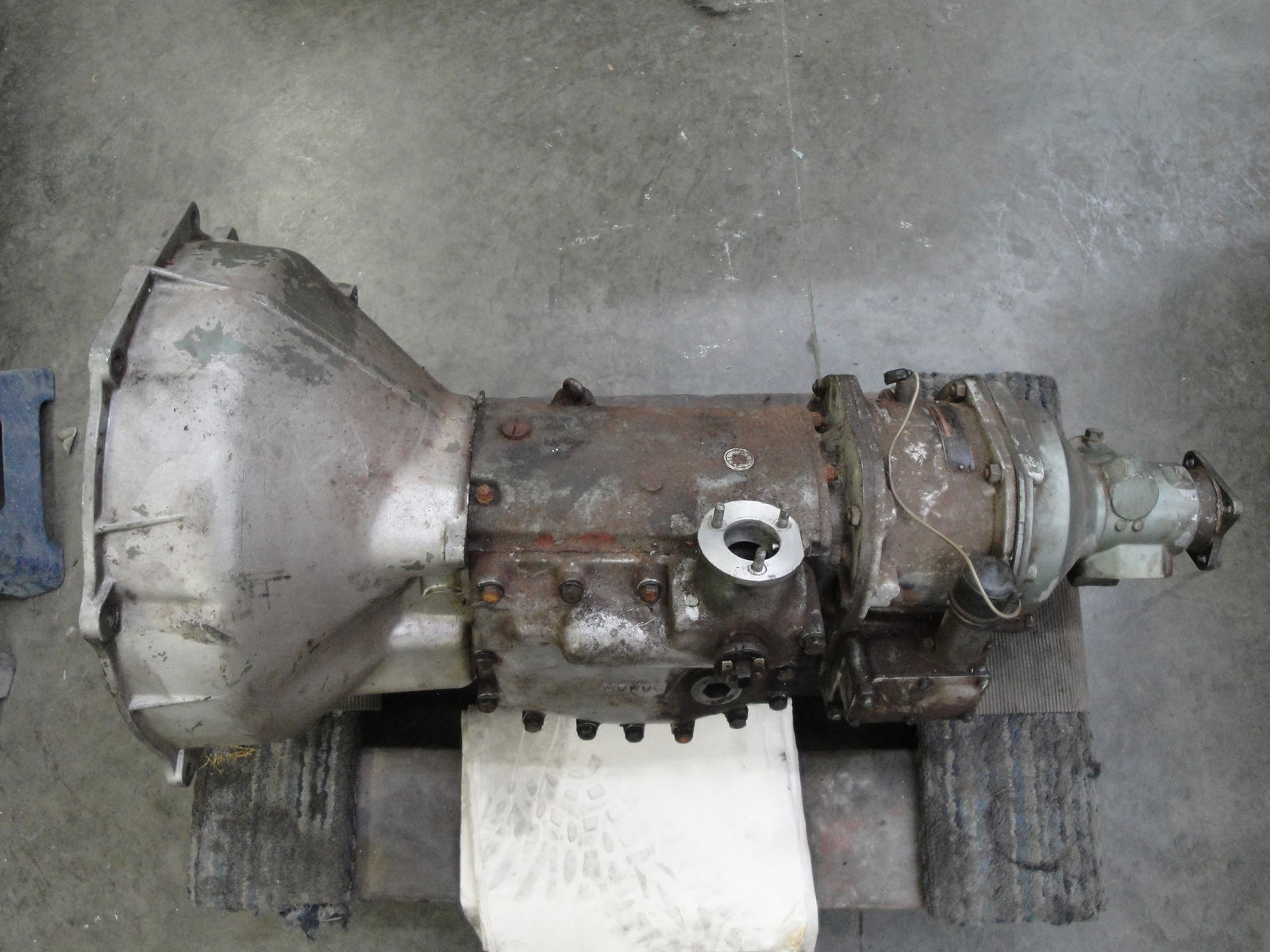
Comments
The dashboard is French engineering
For example, I’ve seen the very first covers (for the centre screen) made, these are crafted in France
Looks extremely X1 esq to me. Interior screamed bmw. The Giulia has some lines that say 3 series.
Pagination